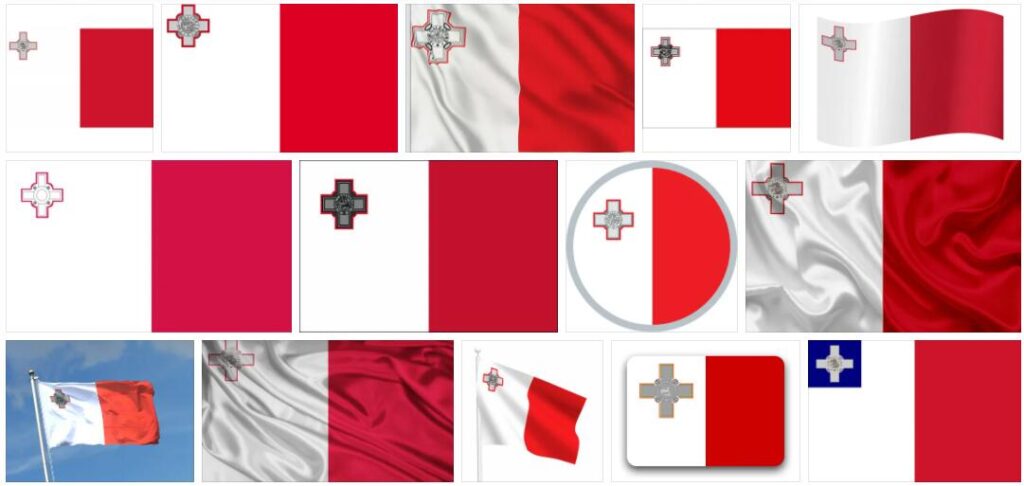Various schools have existed in Malta since the 1300s, but only in 1946 became compulsory primary school, and in 1971 free high school for all. It is compulsory school for anyone aged 5-16. The majority of the Maltese education system has been British influenced. It is a 6-year primary school and a 7-year high school. Free university education was introduced in 1970 and offered by The University of Malta (founded 1592).
In May 2011, a 53% referendum on divorce agreed to allow divorce in the country. Malta and the Vatican had until then been the only states in Europe where divorce was prohibited.
In January 2012, Standard & Poors downgrades Malta’s credit rating and the IMF declares that the country may be dragged further into the crisis.
The Gonzi government came into minority in December 2012 when one of its own voted against the 2013 Finance Act in protest against the government having allowed a German company to take over the operation of the country’s bus system. Gonzi therefore printed new elections for March.
In 2012, the number of boat refugees increased by 28% from 1577 (in 2011) to 2023. Despite the country’s ratification of the European Convention on Human Rights, internal undocumented refugees continued for up to 18 months automatically. Unaccompanied children were also interned. The conditions in both the closed and the open refugee centers continued to be unworthy of people. The judiciary dealt with the killing of 2 refugees in 2011 and 12 perpetrated by Maltese officials.
The March 2013 parliamentary elections were a disaster for the ruling Nationalist Party, falling 6% to 43.3%. The Social Democracy rose 6% to 54.8% and the party’s leader Joseph Muscat became new prime minister.
In April 2014, Marie Louise Coleiro Preca was appointed by Parliament as new president.
The number of refugees arriving in the country in 2015 dropped dramatically compared to the previous year. In particular, the reason was that the flow of refugees was concentrated in the eastern Mediterranean, and boat refugees were most often landed in Italy. In January 2015, a ship with 122 refugees from sub-Saharan countries floated around the central Mediterranean for 8 days. By the time it reached Maltese waters, 35 had died or disappeared into the sea. Malta participates in the EU’s Frontex program, which patrols the Union’s land and sea borders. By November, the country had received 1561 asylum applications. Only 104 of these came from boat refugees.
In the review of the so-called Panama Papers on rich Westerners’ use of tax havens in Panama in April 2016, it was revealed in April 2016 that Minister of Energy and Health Konrad Mizzi was mentioned in the Panama Papers. He resigned from his post of minister but continued in the prime minister’s office. The Prime Minister’s Chief of Staff Keith Schembri was also involved in the scandal. The revelations were made primarily by blogger Daphne Caruana Galizia. In April 2017, she was able to present new disclosures that linked the Prime Minister and Mizzi with Brian Neonna, the BT Nexia Director, attached to Mossack Fonseca. The prime minister then convened a press conference calling for an in-depth investigation into Galicia’s allegations, did not say he had done anything wrong and called the allegation the “biggest lie in Malta’s political history”. In October, Galizia was killed by a car bomb. This was the 6th car bomb since 2016 and the 4th with deadly output. Galizia had many enemies. Not only in the Labor Party, which she had linked to tax fraud, but also in the Nationalist Party. In mid-2017, she criticized party leader Adrian Delia for being a lawyer for a company that operated a prostitution ring. The murder of Galizia sparked international condemnation. One week later, the European Parliament held a minute’s silence in memory of her, and Pope Frans sent a letter of condolence, writing that he prayed for the family of Galicia and for the people of Malta.
